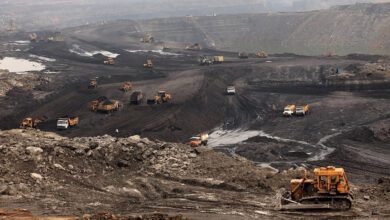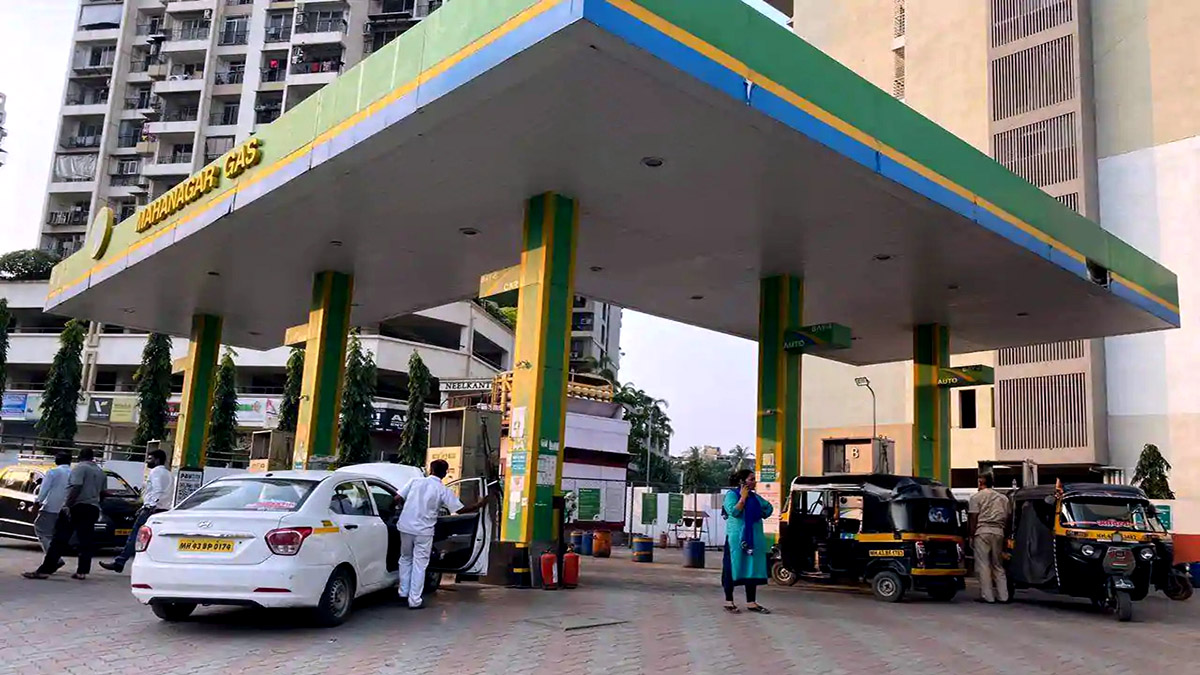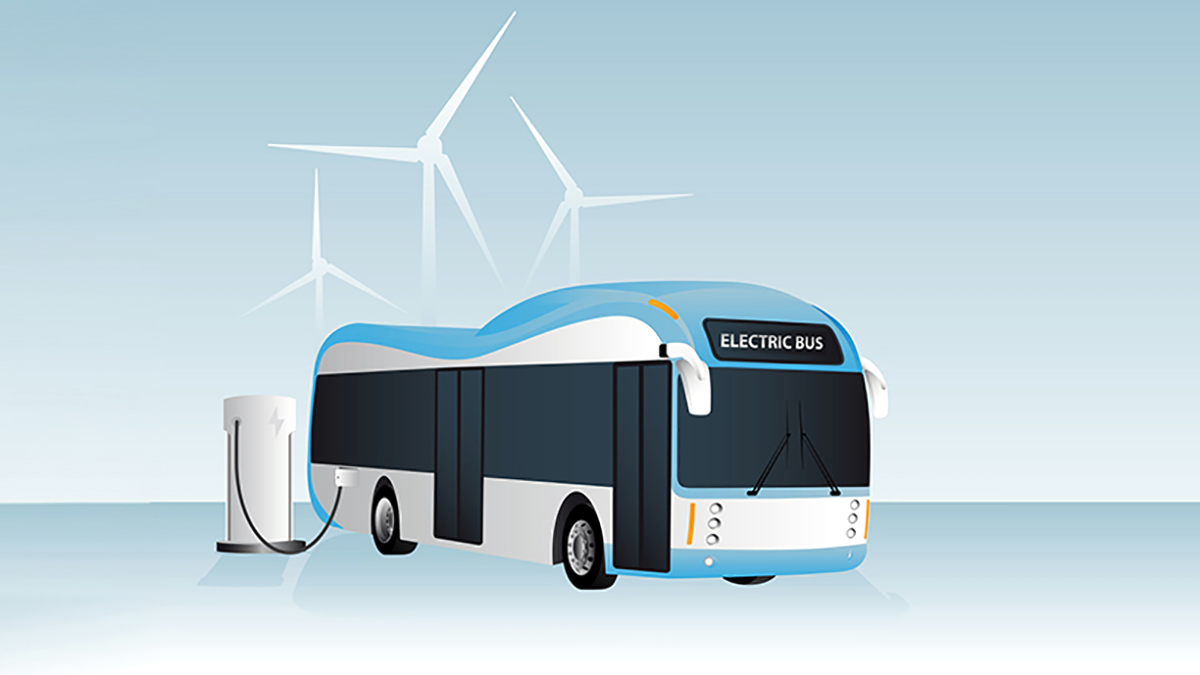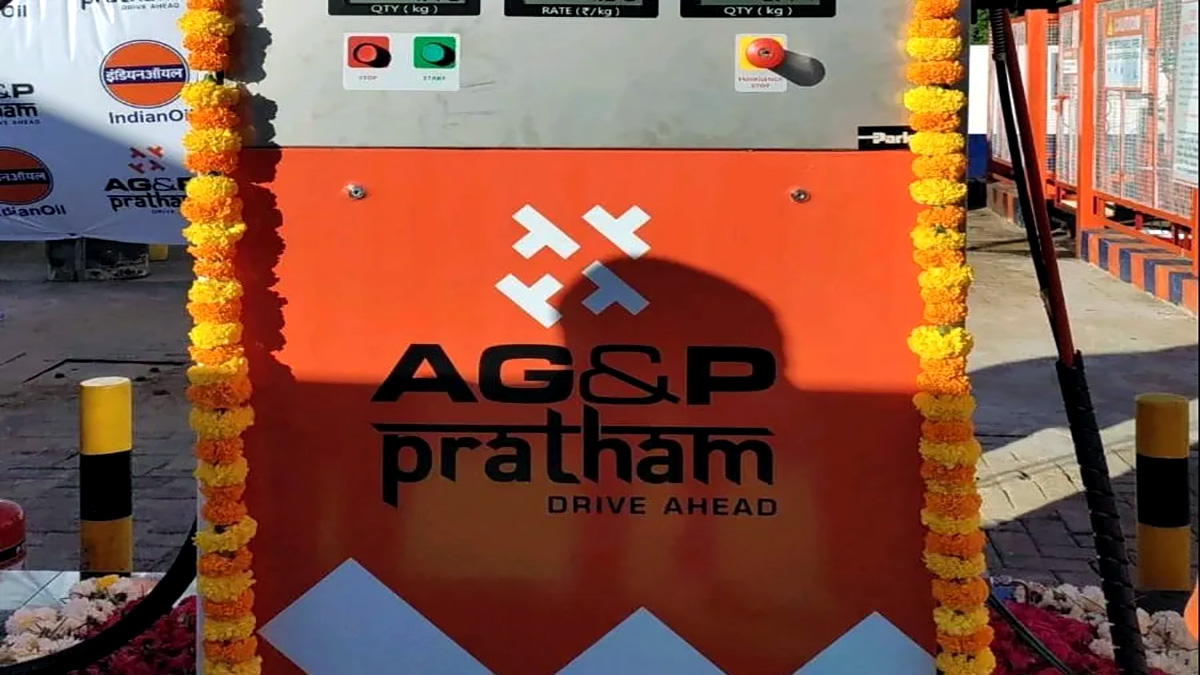As the national capital grapples with hazardous levels of air pollution, the Delhi government is contemplating a comprehensive ban on passenger buses that do not run on Compressed Natural Gas (CNG), electricity, or Bharat Stage VI (BS-VI) diesel. The move comes in response to the deteriorating air quality, prompting authorities to take stringent measures under the Graded Response Action Plan (GRAP) Stage IV.
Presently, only trucks face restrictions on entering the city, but with air quality reaching alarming levels, the government is considering expanding these limitations to include buses as well. A source within the government revealed that the ban is likely to be implemented post the Chhath Puja festival, citing the current surge in traffic associated with the festivities.
Last month, the Delhi government issued a directive stipulating that all buses entering the city from Haryana must operate on electricity, CNG, or BS-VI diesel. This requirement is expected to extend to buses from the National Capital Region (NCR) areas of Uttar Pradesh and Rajasthan. The transport department of Delhi announced that starting July 1, buses arriving from any city or town in Haryana, Rajasthan, and Uttar Pradesh must adhere to these fuel norms.
“We are planning to implement the same norms for buses coming from all states,” the source added, indicating a broader strategy to address the pollution crisis. The move is part of a larger effort to curb emissions from public transport vehicles, which significantly contribute to the capital’s air pollution.
Despite the implementation of strict measures, including a ban on construction activities and the entry of diesel-powered trucks, Delhi’s air quality has continued to worsen over the past few days. To enforce the existing restrictions, forty enforcement teams, including traffic units, have been deployed in the city’s border areas from 8 pm to 4 am. These teams are tasked with checking overloaded trucks, pollution certificates, interstate buses, and traffic congestion. Overall, a hundred teams are actively engaged in enforcing these measures.













